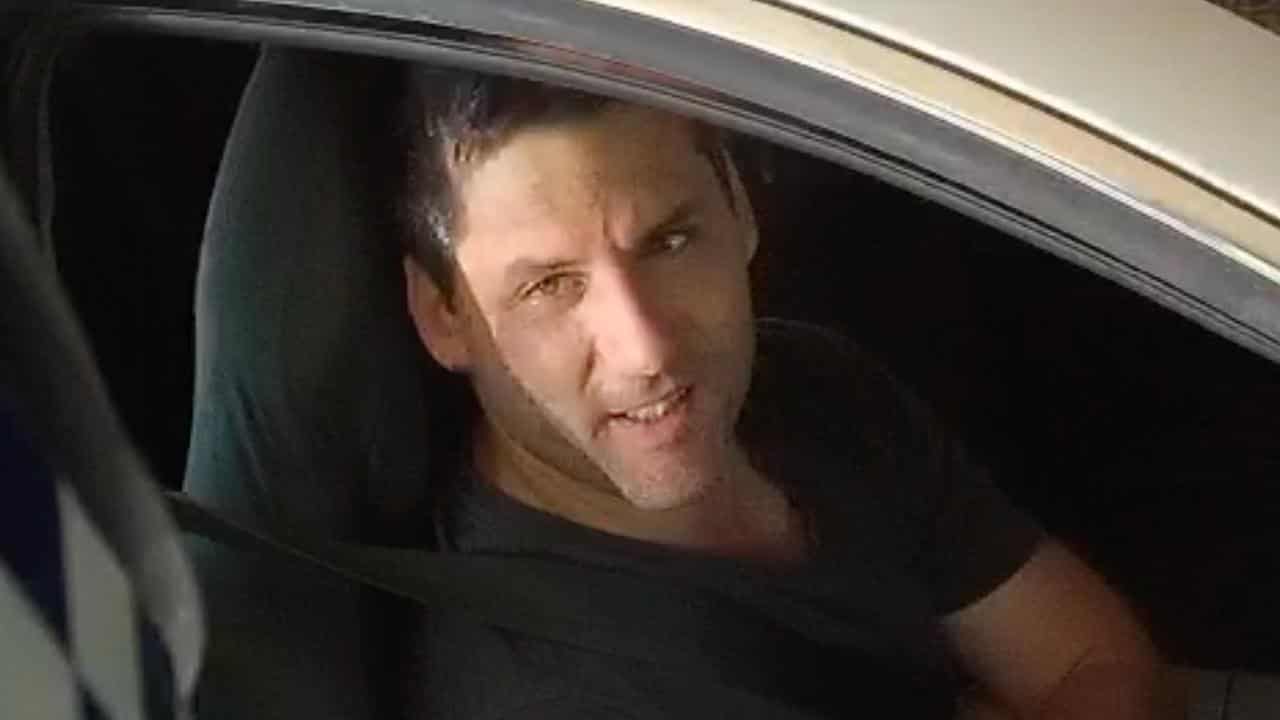WHAT WAS CLAIMED
Auckland residents are being urged to help a boy found unconscious.
OUR VERDICT
False. The request for help is part of a scam.
AAP FACTCHECK - Residents of a New Zealand suburb are being urged to help a young boy found unconscious on the side of the road, but it's a social media scam.
The fake call for help is one of many posts designed to boost engagement that are later edited to include suspicious links.
A Facebook post in a community group for Mount Roskill, Auckland, is captioned with an urgent alert about a young boy taken to hospital.
"Does anyone recognize him?This boy approximately 10 to 12 years old has been found lying unconscious in the woods near the road side in Mount Roskill.
"He is now in the hospital and is in critical condition....the police need the public's assistance to identify him and locate his family.
"It takes two seconds to share help reunite him with the family!!"
The images accompanying the post, however, show two different people and date back to 2018.
Using a reverse image search, AAP FactCheck confirmed the image on the left is of a Sydney boy who was placed in a coma after an incident at school, according to news reports.
The other photo shows a British boy, who was similarly placed in an induced coma after a school altercation, the Hull Daily Mail reported.
Both boys eventually woke from their comas.
Versions of the post have also been shared in groups based in Texas and Georgia in the US, and Hertfordshire, England.

The request at the end of the message - to share the post - is key to the scam.
Once the posts have been shared with a certain number of users, they are then edited to show a fake banking promotion that prompts users to click on suspicious links.
AAP FactCheck has previously revealed similar scam posts operating in community Facebook groups or pages.
Scammers are making thousands of Facebook posts like this that encourage people to share them and/or click nefarious links.
That means you may be tricked into a scam or advertising a scam to your family and friends on Facebook without realising it.
That's why it's vital to know how to spot a potential scam post.
HOW TO SPOT A SCAM POST ON FACEBOOK - THE RED FLAGS
Treat posts appealing for help to find lost or found people or pets, or offering extremely cheap or free products and services, with caution if they include more than one of the following:
* The person encourages everyone to share their post widely.
* They don't provide their contact details or they ask people to send them a DM or PM (direct message or private message).
* The post includes only very vague details about the location of the person or pet, or the giveaway.
* The account of the person posting is less than a year old, has no profile picture, has very few friends, or isn't located in the same area as the post's subject. This indicates the account is fake.
* You can't comment on the post because the person has disabled comments. This is done to stop people from warning others it's a scam.
AAP FactCheck is an accredited member of the International Fact-Checking Network. To keep up with our latest fact checks, follow us on Facebook, Instagram, Threads, X, BlueSky, TikTok and YouTube.












